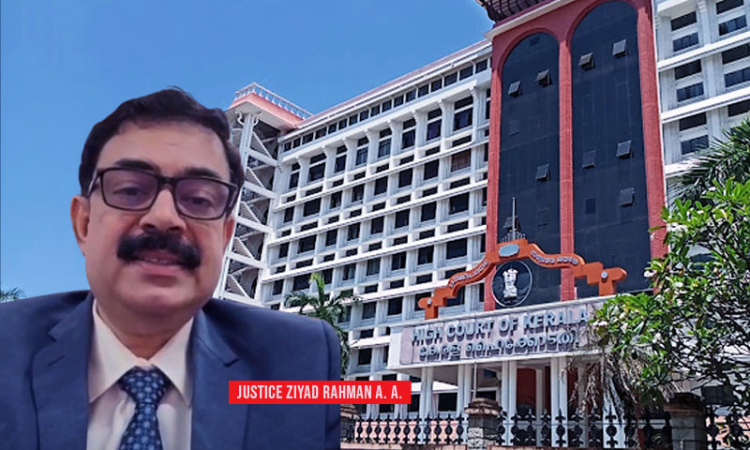Malankara Church Dispute| Offence Of Forgery Not Attracted: Kerala High Court Drops Proceedings Against Persons Accused Of Forging 1934 Constitution
Hannah M Varghese
7 April 2022 4:13 PM IST

The Court noted that the issue had already been settled by the Supreme Court.
Next Story


